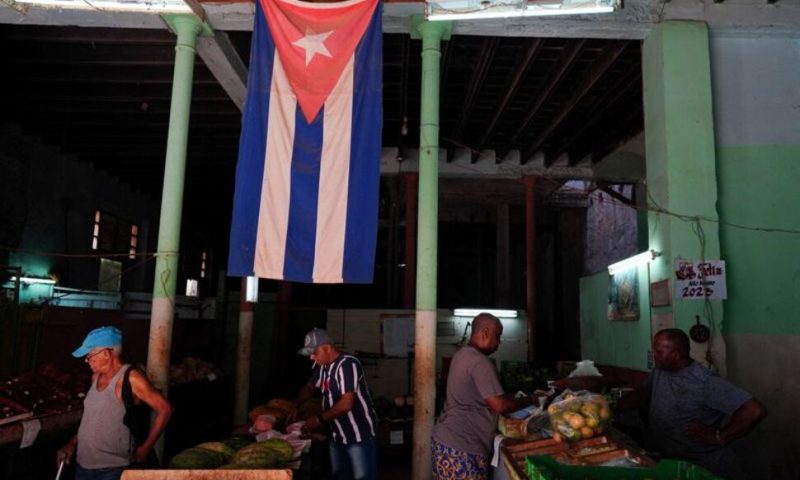HAVANA – The Cuban Central Bank issued rules this week banning state and private businesses from using ATMs and limiting cash transactions between them, as it seeks to tame runaway inflation and off-the-books business amid a grave economic crisis.
The regulations went into effect on Thursday. They limit cash transactions to 5000 pesos and will be implemented gradually over six months, official media said.
The government pegs the dollar at 24 pesos and for select companies, tourists and residents at 120 pesos, though it has few to exchange. The dollar currently fetches 230 pesos on the informal market. Communist authorities are seeking to curb galloping inflation which the government puts at 45% so far this year and control the devaluation of the peso by taking a series of measures to promote “banking” in the country and encourage the use of “electronic payments”, said a statement published on Thursday in the official media.
Inflation stood at 39% last year, and more than 70% in 2021, according to the government – figures many economists say underestimate the rate as they do not adequately account for a ballooning informal market.
Economy Minister Alejandro Gil said late last month gross domestic product grew 1.8% in the first half of the year, but remained 8 percentage points below pre-pandemic levels in 2019, causing shortages of food, medicine, fuel and other basic goods, as well as long lines to buy them when they are available.
The crisis has led to a lack of confidence in the state-run banking system, resulting in a lack of cash at some ATMs as businesses use them, leaving residents in the lurch.
The regulations state the objective is that “collections and payments between economic actors are not on a cash basis … but carried out electronically.”

